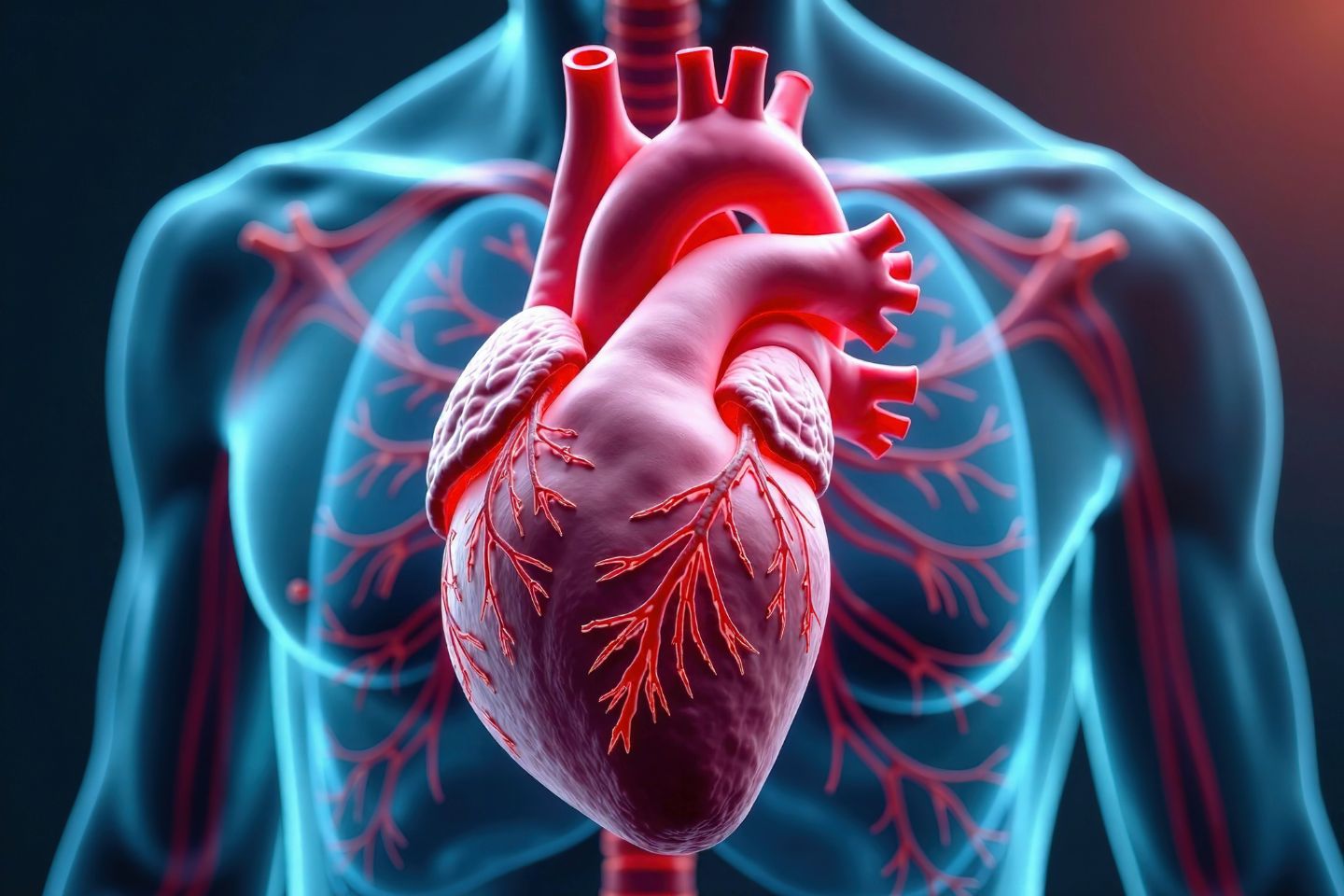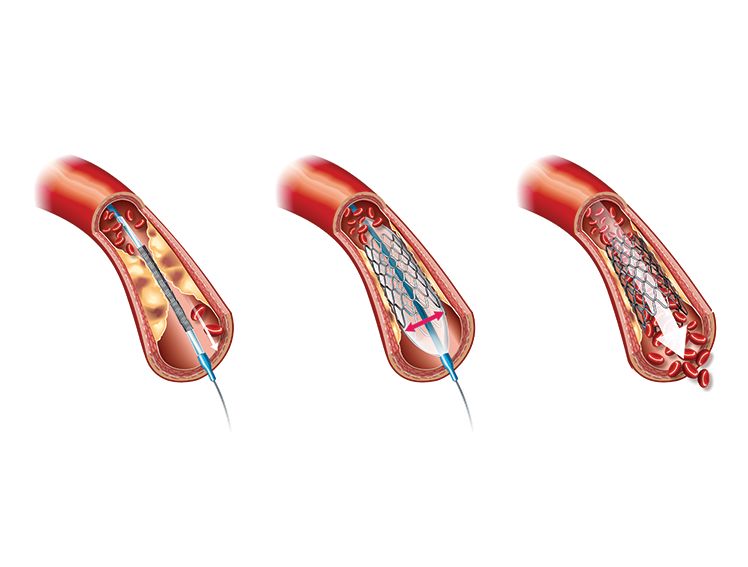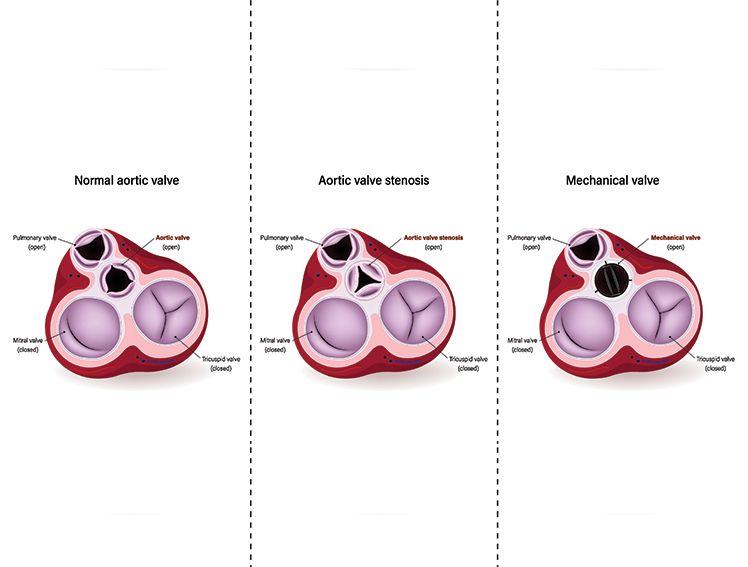
Understanding Heart Valve Replacement for Elderly Patients
Introduction
As we age, our Heart can face various issues, and one common problem is with the heart valves. When these valves don't work properly, it can cause serious health problems. One effective solution for this is Heart valve replacement. This procedure helps restore proper Heart function, improving symptoms like shortness of breath and fatigue.
In this article, we'll take a closer look at what heart valve replacement involves, why it might be necessary for elderly patients, its benefits, risks, and recovery process.
What is Heart Valve Replacement?
Heart valve replacement is a surgery designed to treat damaged Heart valves. The Heart has four valves that help regulate blood flow, and with age or health conditions, these valves can become stiff, narrow, or leak. This can make it harder for the Heart to pump blood efficiently, leading to symptoms like shortness of breath or fatigue. Heart valve replacement involves the replacement of the damaged valve with a new one, often to improve Heart function and quality of life.
During Heart valve replacement, the damaged valve is replaced with a new one. This new valve could either be mechanical (man-made) or biological (made from animal or human tissue). It's typically recommended for elderly patients whose Heart valves are severely damaged, causing symptoms like shortness of breath, fatigue, chest pain, or swelling. The goal is to help the Heart function better and improve the patient's quality of life.
Why Do Heart Valve Problems Occur in Elderly Patients?
As we age, the Heart valves can naturally become weaker or wear out. Several factors contribute to Heart valve problems in elderly individuals. The most common reasons include:
Age-related degeneration: Over time, the valves can become stiff or thickened, leading to narrowing (stenosis) or leakage (regurgitation).
High blood pressure: High blood pressure can put extra strain on the Heart and valves, causing them to deteriorate faster.
Atherosclerosis: The buildup of fatty deposits in the arteries can also affect the Heart valves.
Previous Heart conditions: People who have had a Heart attack or infection may develop valve problems later in life.
These conditions can lead to the need for Heart valve replacement in elderly patients, as the symptoms can seriously impact their quality of life.
Is Heart Valve Replacement Safe for Elderly Patients?
Yes, Heart valve replacement can be safe for elderly patients, but it depends on a few key factors, such as overall health, the severity of the valve issue, and the type of procedure used. In some cases, a minimally invasive approach can reduce risks and speed up recovery. It's essential for doctors to evaluate each patient's individual situation to determine the safest and most effective treatment option.
While Heart valve replacement is generally safe, elderly patients may face some extra risks because of age-related health issues like other chronic conditions, weakened immunity, or frailty. However, many elderly patients see a big improvement in their quality of life after the procedure. They often feel more energized, experience less shortness of breath, and can return to their daily activities with greater ease. It's important for doctors to carefully assess the risks and benefits for each patient.
Benefits of Heart Valve Replacement for Senior Citizens
The main benefit of heart valve replacement is the improvement in Heart function, which is especially noticeable for elderly patients. Some specific benefits include:
Improved blood circulation: A new valve helps the Heart pump blood more effectively, improving oxygen flow.
Increased energy levels: Many patients feel less fatigued and breathe more easily, allowing them to return to daily activities.
Better quality of life: After recovery, many elderly patients feel more energetic and healthier overall.
Reduced symptoms: Common issues like chest pain, swelling, and dizziness often improve or go away after surgery.
Risks and Considerations for Elderly Patients
While Heart valve replacement can be highly beneficial, especially for elderly patients, there are some risks to consider:
Surgical risks: As with any surgery, there's a risk of anesthesia issues, bleeding, or infection.
Heart rhythm problems: Some patients may experience irregular heartbeats after the procedure.
Blood clots: If a mechanical valve is used, blood clots can form, requiring blood thinners.
Recovery time: Older patients might need more time to recover and may require extra care or rehabilitation.
It's important for patients to talk through these risks with their doctors before deciding on surgery.
Preparing for Heart Valve Replacement
Preparing for Heart valve replacement involves a few key steps. First, doctors will run tests like an echocardiogram, an ECG, and possibly a coronary angiogram to check the condition of the Heart and valves. Patients will also need to discuss their medical history and medications with their doctor, as some medications might need adjusting. The healthcare team will go over the procedure in detail so patients can ask questions and fully understand what to expect. This helps ensure the best possible outcome for the surgery.
Recovery After Heart Valve Replacement
Recovery after Heart valve replacement can vary based on a patient's age, health, and the type of procedure. Generally, recovery takes a few weeks to a few months, and during this time, patients will need to:
Stay in the hospital for a few days for monitoring.
Follow a rehabilitation program to build strength and mobility.
Gradually increase physical activity as advised by the healthcare team.
Attend regular follow-up appointments to ensure the new valve is working properly and to check for any complications.
How to Decide If Heart Valve Replacement is Right for You?
Deciding whether Heart valve replacement is the right option is something you'll work through with your doctor. It will depend on factors like the severity of the valve problem, how much it's affecting your daily life, your overall health, and your ability to recover from surgery. The doctor will help you understand all the options and risks, guiding you toward the best choice based on your specific condition. Ultimately, the decision is made together with your healthcare team.
Myval by Meril
Myval is a transcatheter heart valve (THV) designed to help patients with severe aortic valve stenosis, especially those who can't undergo traditional open-heart surgery. It offers a minimally invasive option, leading to quicker recovery and fewer complications. With its secure fit and durable design, Myval helps improve heart function and quality of life, relieving symptoms like shortness of breath and fatigue. It's a great solution for those seeking to regain strength and live more comfortably.
Conclusion
Heart valve replacement can truly transform the lives of elderly patients with Heart valve issues. While there are some risks, the benefits—like better Heart function and improved quality of life—often make the procedure well worth it. If you or a loved one is facing Heart valve problems, it's important to talk to a healthcare provider to figure out if Heart valve replacement is the right choice. With proper care, many elderly patients live healthier, more active lives after the procedure.



